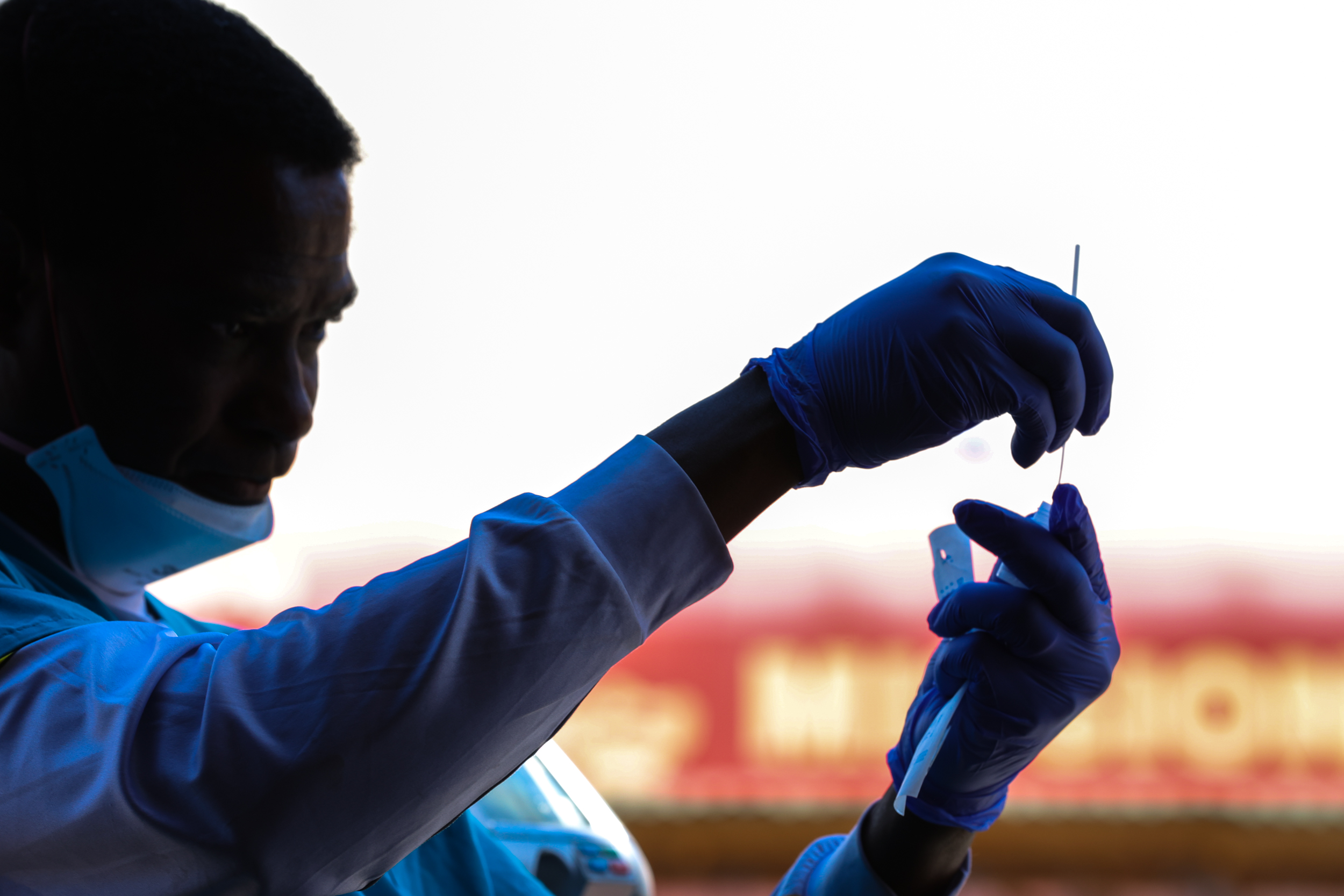San Francisco’s nearly $14 billion budget presents an opportunity for a fair number of coins to slip between the cushions, but the city’s impending financial crisis may be exposing some bloat for one major city department.
Mayor London Breed recently called on agencies to propose additional cuts to make up for a $780 million expected shortfall over two years. At the Department of Public Health, which has a $3 billion annual budget, agency officials were tasked with slashing $100 million in potential costs.
While the department fell short of that goal—identifying $85 million in potential cuts—the city appears to be acknowledging that the ongoing pandemic is not as dire as some expected. Covid operations are a primary target for rollbacks, according to a memo going before the SF Health Commission on Tuesday.
Jenny Louie, chief financial officer for the health department, proposed scaling down the budget for San Francisco’s Covid response from $57.5 million to $18.1 million in the 2023-24 fiscal year, which starts July 1. While the Department of Public Health’s previous budgets called for $25 million annually in ongoing Covid funding, the proposed cuts would reduce testing operations and eliminate unfilled positions.
In total, health officials identified 15 positions as superfluous and said that eliminating some temporary staffing could save $2.4 million. The department expects to save $7.5 million through the “liquidation of prior year contracted services and underspending in salary and fringe costs due to lower-than-expected hiring,” Louie wrote.
Louie also noted in her memo that interest accrued from the San Francisco City Option—an $850 million health care plan for employees—can be applied as cost savings thanks to in-house management of the plan that started in the fall of 2022. The health department said that using the City Treasury to administer the fund will save $20 million next fiscal year and $10 million annually going forward.
Health officials said they weren’t certain they had authority to use those funds until a recent review with the Controller’s Office.
Louie acknowledged in her memo that the Department of Public Health usually has around $4 million in unspent funds each year. The agency is now offering to give up $4.5 million this coming fiscal year and $4 million in 2024-25 “to recognize savings we usually realize at year-end and forestall service reductions.”
San Francisco called off its pandemic public health emergency at the end of February. While infections are still common, life has returned to pre-Covid routines for many people. The result has been a massive drop in residents seeking Covid tests.
The Department of Public Health’s testing sites administered nearly 135,000 tests in the first quarter of 2022, but that amount dropped to fewer than 11,000 for the first three months of this year.
“This represents usage of less than 10% of current capacity, even as some of the larger sites have closed as part of the planned step-down of the program,” Louie said in her memo. “Most sites do not administer the minimum of 40 tests per day that is required to make the sites cost-effective, resulting in an untenably high cost per unit of service.”
The Department of Public Health identified other savings by closing out projects that will release funds, shifting contracts and tapping into reserves from the Mental Health Services Act, which taxes California residents who earn an income above $1 million.
However, the Department of Public Health fell $15 million short of meeting its new goal of $100 million in proposed cost savings over two years.
“Given the size of the target and the extremely short deadlines, staff were unable to identify proposals to meet the entire amount,” Louie writes in her memo. “We will continue to work with the Mayor’s Office and inform the commission if additional proposals are required.”
Mayor Breed’s office did not say whether her office received revised budget projections from each city department, but she is scheduled to introduce her finalized budget at the beginning of June.
“We are currently working with all of our departments to address our deficit,” said Jeff Cretan, the mayor’s spokesperson. “These are ongoing conversations with budget staff and will vary by departments, as will the avenues they take to reduce the funding they use from the general fund.”
